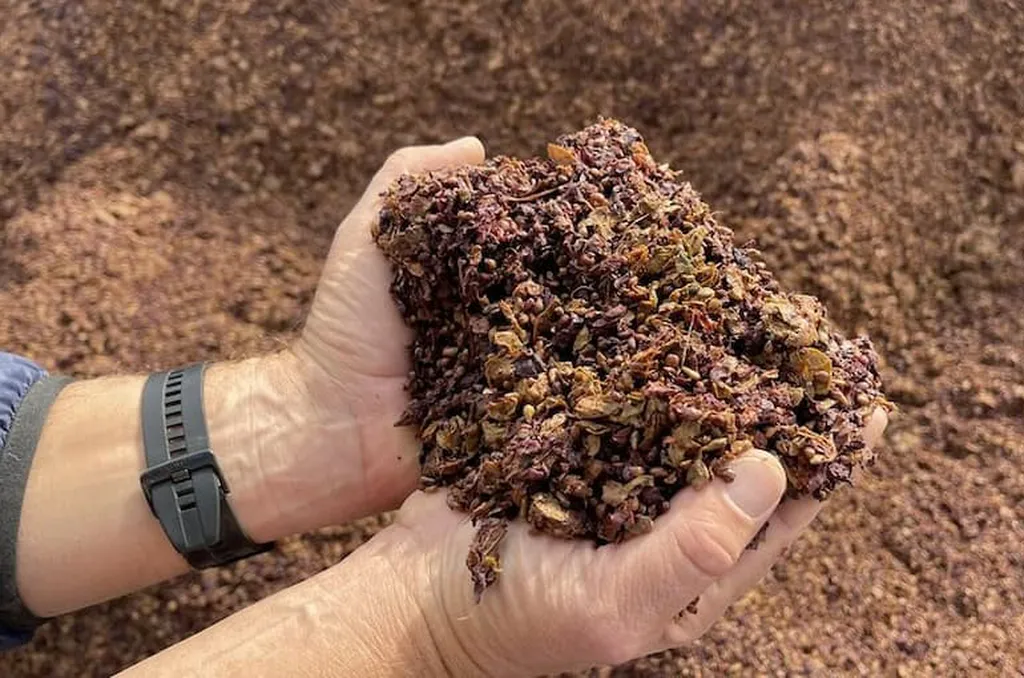In the heart of Bulgaria, researchers at the University of Chemical Technology and Metallurgy in Sofia are unraveling the secrets of Waelz slag, a by-product of zinc extraction that could hold the key to more sustainable industrial processes. Led by Angel Iliev, a team of scientists has delved into the composition and structure of this often-overlooked material, with findings that could reshape how industries approach waste and resource management.
Waelz slag is generated during the high-temperature treatment of zinc-containing metallurgical residues, a process known as the Waelz process. Iliev and his team focused on three types of Waelz slag, each derived from different charge materials: electric arc furnace dust, zinc cakes from hydrometallurgical leaching, and lead smelting slags. Their goal was to assess the potential for sustainable utilization of these materials, a quest that could significantly impact the energy and construction sectors.
The team conducted a comprehensive analysis, including chemical composition, particle size distribution, phase identification through X-ray diffraction, and morphological assessment via scanning electron microscopy. They also performed magnetic separation and density measurements to evaluate the material’s processability. The results were revealing.
“We found significant variations in elemental composition, grain size distribution, porosity, and magnetic behavior among the samples,” Iliev explained. High iron and calcium contents suggest potential applications in metallurgy and cement production, while elevated porosity and silicate content support possible use in construction materials. These findings could pave the way for targeted recycling strategies, reducing the need for landfill disposal and enabling the valorization of industrial by-products.
The implications for the energy sector are substantial. As industries strive for greater sustainability, the ability to repurpose waste materials like Waelz slag becomes increasingly valuable. “Our investigations provide a foundation for the development of targeted recycling strategies in line with circular economy principles,” Iliev noted. This shift could not only reduce environmental impact but also create new commercial opportunities for energy and construction companies.
The research, published in the journal “Sustainable Extraction and Processing of Raw Materials” (translated from Bulgarian as “Устойчиво Извличане и Обработка на Суровини”), highlights the importance of rethinking industrial waste. By understanding the composition and structure of Waelz slag, industries can move towards more sustainable practices, ultimately benefiting both the environment and the bottom line.
As the world grapples with the challenges of climate change and resource depletion, innovations like those spearheaded by Iliev and his team offer a glimmer of hope. The future of industrial waste management may well lie in the ability to see value where others see only discard, transforming by-products into valuable resources. This research is a significant step in that direction, offering a blueprint for how industries can embrace circular economy principles and create a more sustainable future.

